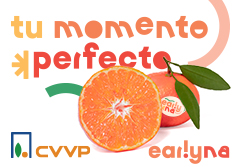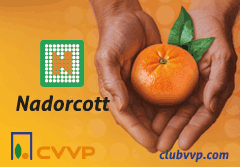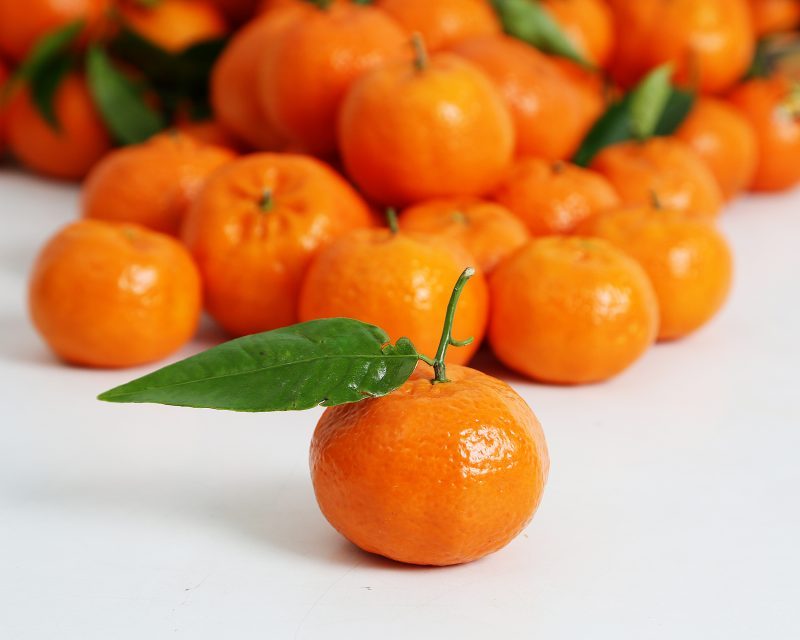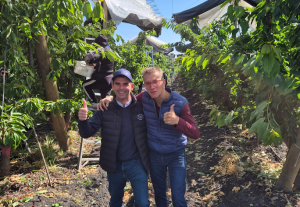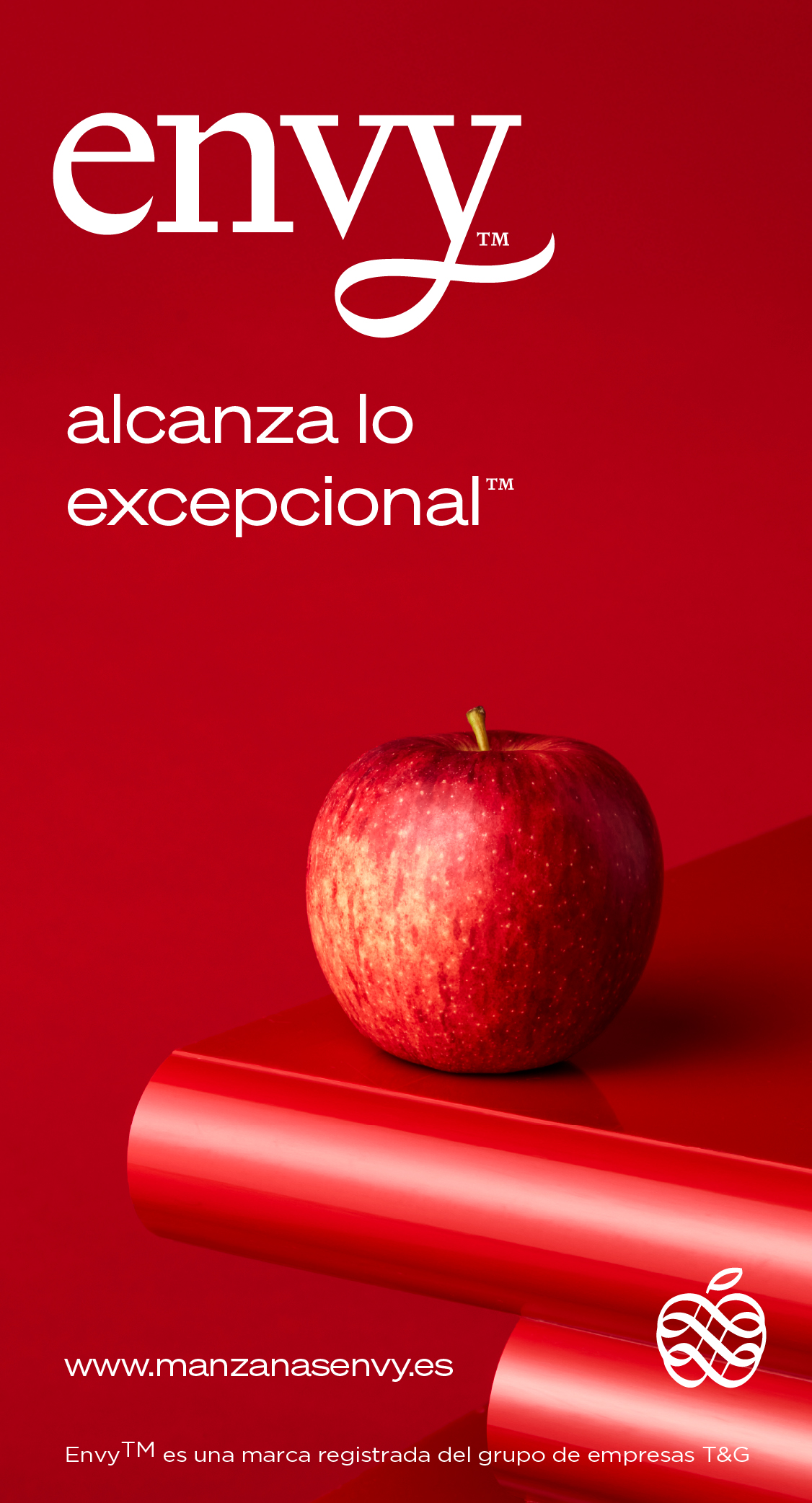“There is a great deal of wastage and fruit quality has been poor,” Pepe Rodríguez, Manager of SAT Síntesis, points out.
The Navelina oranges from this season are seriously misshapen and they give very little juice. Added to this, although in principle the campaign has been correct, at present (beginning of December) the demand is showing slow behaviour.
And the expectations for the second part of the campaign are not promising either, as Spanish oranges will come into direct competition with those from Egypt, a country where labour is cheaper than in the European Union, and where a wide use of plant protections products banned in Europe is allowed.
“When the Egyptian oranges start to arrive there will be an important drop in prices, and for the businesses that have bought expensive fruit, and of poor quality, the situation will be not very promising.”
The worst of this situation is that it is not an isolated circumstance, but rather it will be maintained and will intensify over time owing to many recent plantations coming into production in this North African country. “The problem of Egypt will be persistent as, although the climate for the Navel groups is not the best, it is perfect for Valencia Late and juice oranges.”
“In any event, we know that the second part of the season will be complicated because there will be few kilos and the Valencia Late will be in short supply, as will those from the Navel group (Powell, Chislett, etc). Prices in the fields will be high and this will limit business.”
In order to tackle the future, the sector must move over to other productions such as mandarins, more Navel oranges and fewer juice oranges, but “we must always fight to make the EU start up protection mechanisms against a competition that we cannot face up to individually.”
The company from Seville forms part of different clubs and, therefore, it works with Leanri, Nadorcott, M7 and Orri, and this year it is incorporating the mandarin Kino to its portfolio. In oranges, another of the new developments is its commitment to red-fleshed oranges. “We have already planted Navel Cara Cara, Kirkwood Red and Valencia Rubí,” the executive asserts.
Accordingly, Rodríguez comments that “there are two agricultures: mass traditional farming with free varieties, where you can stand out discretely due to the calendar or renewed plantations, or a type of citrus fruit growing that works with varieties in which the volumes are restricted and you have an option to ‘slightly regulating’ the price.”
Regarding the markets, the Andalusian company, as is occurring with other companies, is very centred on the European markets and has relatively abandoned overseas destinations, as a direct result of the drop in production. Its brands Primor and Regal are widely known.









